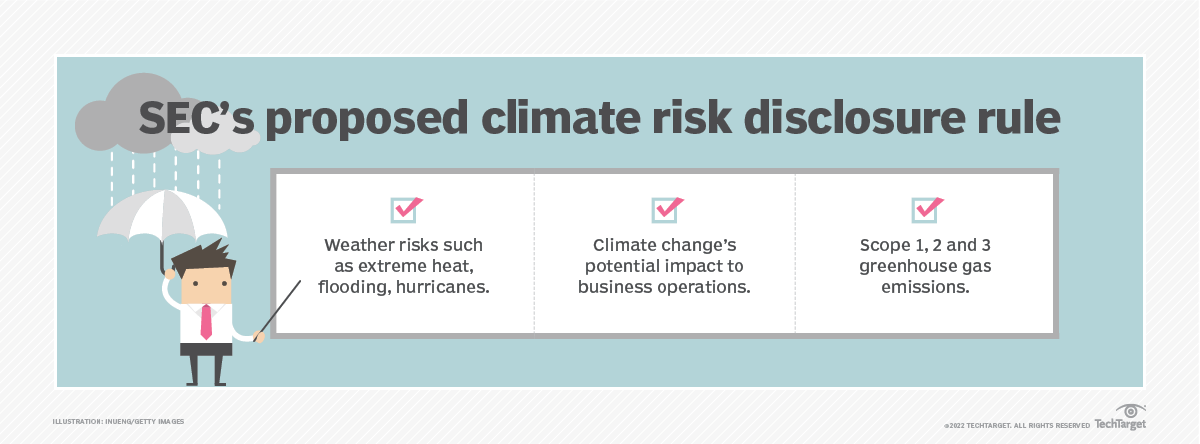SEC's Proposed Climate Rule a Game-Changer for Sustainability
Experts are praising the SEC's newly proposed climate risk disclosure rule, which would require businesses to bake climate risk into their overall risk management plans.
Published 03-30-22
Submitted by WSP

Originally published by TechTarget
The U.S. Securities and Exchange Commission's newly proposed climate risk disclosure rule sets a clear course for business sustainability efforts and provides quantifiable climate impact data to investors.
...
Businesses would be required to disclose emissions from assets outside of their control as well such as employee commuting or purchased goods, known as Scope 3 emissions. The proposed SEC rule does include a safe harbor from the Scope 3 emissions disclosure protecting businesses from liability, which is a good thing for businesses, said Stacy Swann, CEO and founding partner of Climate Finance Advisors.
"A lot of people were very nervous about Scope 3 emissions, for good reason," she said. "Scope 3 is something that's out of your control as an organization, but still an important concept in terms of data and information disclosures. You want organizations to get their hands around climate risk; you don't want them to run away from it because they're nervous about unintended consequences."

WSP
WSP
WSP is among the world's largest environmental, engineering, advisory and sustainability consulting firms, with more than 55,000 professionals worldwide. We design lasting solutions in the buildings, transportation, energy, water and environment markets, and develop equitable, ESG-centered strategies that help organizations and communities adapt to changing conditions and become more resilient. Reckon with the past. Innovate for the future. Learn more at wsp.com.
More from WSP

